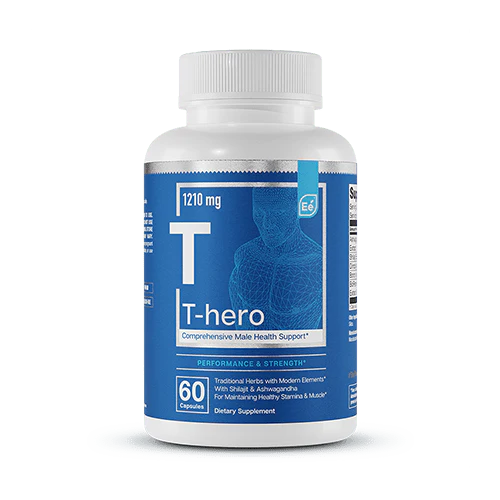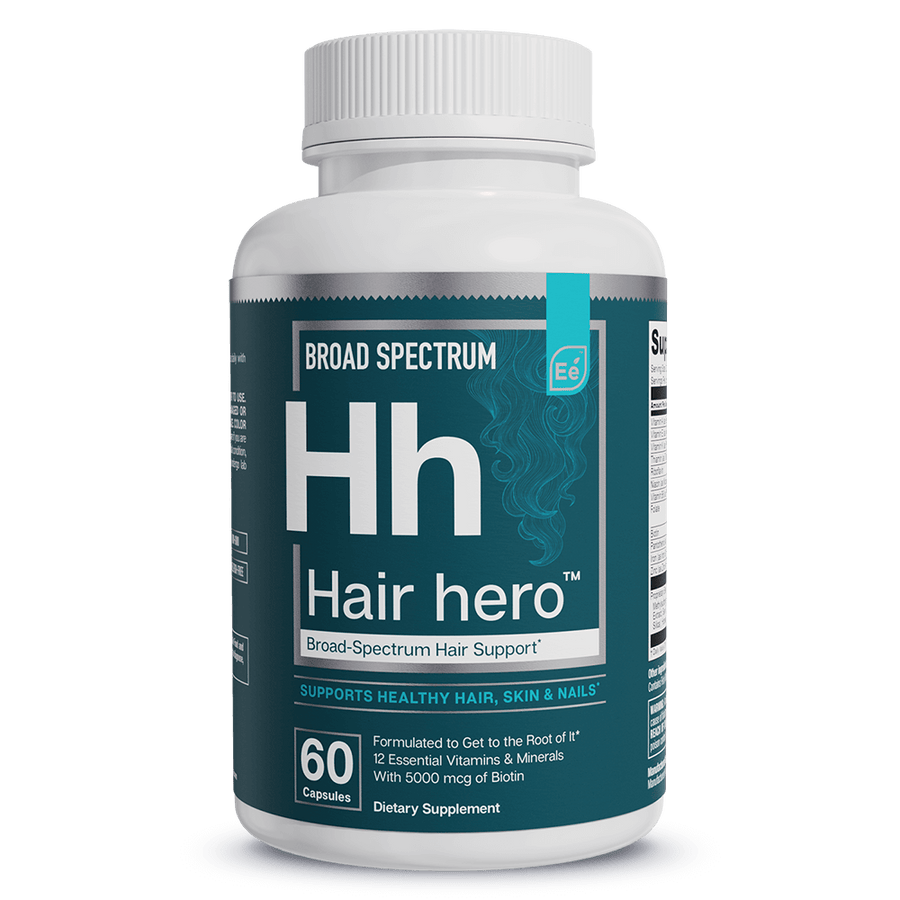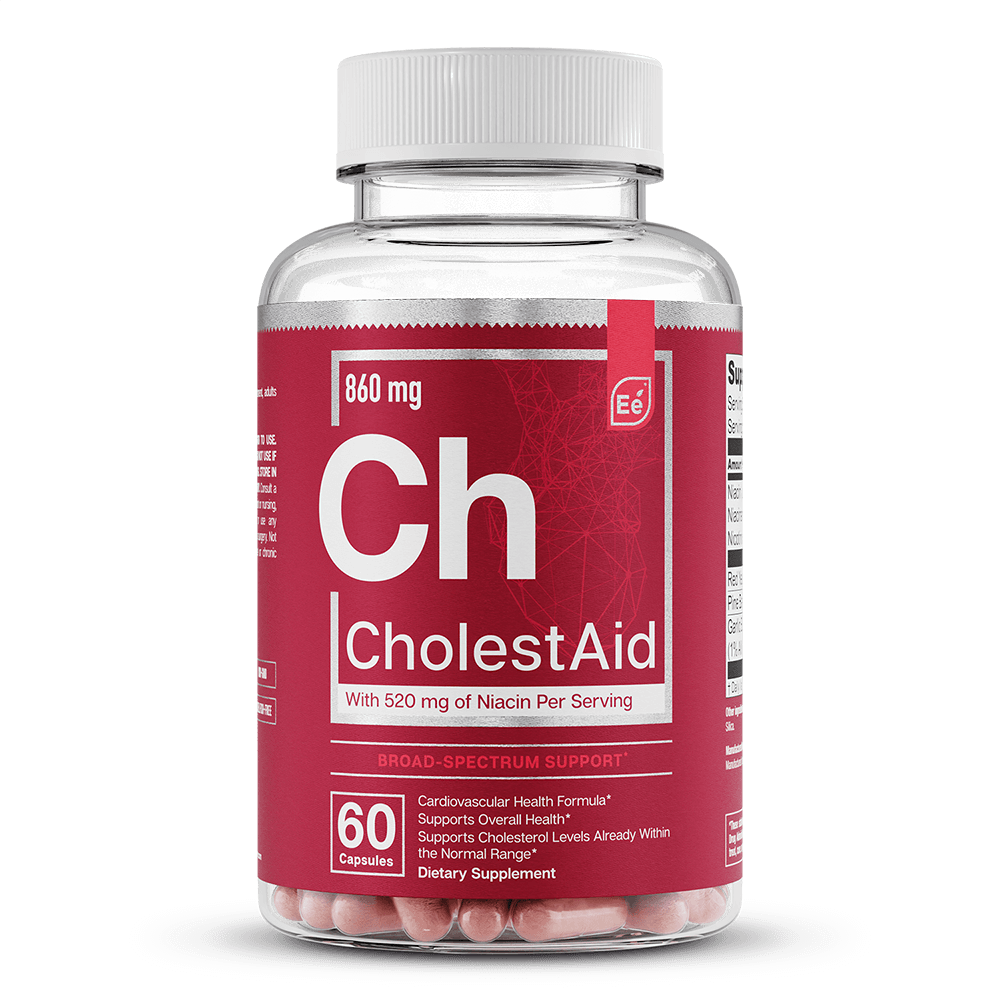Why It’s Still Important to Avoid Sugar
Even if you haven’t jumped on the keto craze, eating less sugar might be a great way to start fresh and bring your fitness goals to a new level. We aren’t fans of fad diets here at Essential elements®, but lowering sugar intake could have a lot of health benefits. Now, going low carb or no carb may be touted by a lot of fitness gurus, but carbohydrates and some kinds of sugars can be really important for athletes and anyone doing high-intensity workouts or endurance training.
The important thing to know is that not all sugars are created equal. Reducing refined “free sugars” or added sugars in the diet can benefit almost anyone. These are generally different kinds of processed sugar that are unnecessary to the diet and offer no nutritional benefits, such as table sugar, high fructose corn syrup, and other sources that sneak into processed foods.
Some fitness strategies do include quick sources of simple sugars that are easily turned into glucose for when a burst of energy is needed. This can be an important protection against exercise-induced hypoglycemia, leading to reduced performance and even complications.
How Much Sugar Is Too Much?
As fitness fad and recommendations change over the years, there can be conflicting information. Carb loading and taking sugar tablets or glucose gels are common practice for endurance athletes, but now some are switching gears toward something called low carbohydrate training. Both have their pros and cons, and most people should set a goal based on their own specific state of health, fitness goals, and endurance levels.
Before starting any strict health regimen that may reduce food sources in a significant way, be sure to consult a licensed health professional, such as your doctor or a nutritionist. Blood sugar that is too high or too low can be risky, especially when combined with a high-intensity workout or prolonged exercise.

How much sugar you should have in a day is entirely personal, but general recommendations are to keep it under 12 teaspoons a day. A whole-food diet rich in complex carbohydrates such as whole grains & legumes and low in refined sugar is a great way to have the sustained energy your body needs to fuel a busy lifestyle or workout routine.
What Does Excess Sugar Do to Your Body?
Less Sugar Leaves You Feeling Energized
Refined sugar can cause a quick spike in your blood sugar, only to fall dramatically, leaving you feeling awful. Known as a “sugar crash,” this blood sugar drop can make you feel lethargic, cause foggy thinking and make it difficult to accomplish everyday tasks. Sweet, sugary breakfast foods are notorious for causing a midday slump that leaves you feeling drained not long after eating them.
Less Sugar Leads to Wellness
Sugar affects the way your cells function, and too much can speed up some of the visible signs of aging. It does this in several ways. Eating a diet high in antioxidants can help reduce these effects, but going without those extra-sugary treats in the first place will reduce the overall oxidative load throughout the body.
Eating Less Sugar Can Lead to a Healthy Heart
When many people think of reducing their cholesterol and keeping their cardiovascular system healthy, sugar might not be one of the things they even think of. Although other circumstances certainly contribute, it may be surprising that sugar is actually being shown to be a major factor in the processes linked to cardiovascular concerns.

Restricting Sugar Can Help Promote Mood
We all feel a little low sometimes, but eating too much sugar can leave you feeling gloomy. Fluctuations in blood sugar have been linked to several mood disorders. Certainly, there are many factors that lead to greater mental health, such as creating healthy habits, but diet is a biggie that shouldn’t be ignored. Since it can sometimes be challenging to find the motivation for healthy eating, it’s a great idea to keep low-sugar options on hand in case you need them when you are feeling a little low.
Less Sugar Can Lead to the Maintenance of Healthy Blood Sugar Levels
With this one, it’s easy to see the connection. It’s pretty obvious that eating sugar will raise your blood sugar. When it gets unmanageable, the body stops responding as efficiently, and insulin becomes difficult to manage. This means the body starts to change its ability to react to insulin, and the glucose in the blood isn’t used up as fuel the way it should be. This can, of course, lead to a whole range of health problems and risk factors.

Less Sugar Can Lead to a Glowing Complexion
Many people put so much effort into looking younger and keeping their skin nourished, all of which can be possible with the right diet. Through a process called glycation, sugar increases the rate at which skin cells age. Unfortunately, this process is somewhat inevitable, but you may be able to slow it down by reducing excess dietary sugar and increasing foods high in antioxidants, vitamins, and minerals that can benefit skin health.
Less Sugar Contributes to Health Weight Management
Most sugary foods are just extra calories that the body doesn’t need and are devoid of nutritional benefits. Sugar also inhibits the absorption of key nutrients, possibly contributing to nutritional deficiencies. Sugary drinks are thought to be a major challenge to weight management. Extra sugars in things like large sodas are converted into fat and stored away for later use as a source of energy. As many people don’t ever use that energy, it keeps accumulating, which can contribute to increased health problems over time.
Additional Health Benefits Linked to Less Sugar
As if you need any more reasons to ditch sugar, there are even more health problems linked to sugar consumption. Increased risk of health concerns throughout the body, dental problems, and even an acceleration of cognitive decline are other adverse effects associated with excess dietary sugar. It’s pretty clear that changing your relationship with sugar can benefit your health on many levels. It can be hard to get started, but many people start to feel so good once they have gotten sugar out of their lives, and it becomes easier each day that goes by.

How to Reduce the Sugar in Your Life
♦ Evaluate: Take a look at what you eat on a regular basis, and find the foods that have the most refined sugars. Start looking at nutrition facts labels and pay special attention to the “added sugars” section. Beware of seemingly healthy foods that might have sneaky sugar levels, such as protein bars or sports drinks.
♦ Prioritize & plan ahead: Of course, no one can be perfect all of the time, but thinking ahead to prioritize foods without sugars, meal planning, and keeping low-sugar snacks on hand will help you to achieve your health goals. Having healthy options available will help cut out those “hangry” food decisions that might not be the best choices.
♦ Pick a strategy: For some people, cutting out all refined sugars at once makes the most sense. Another strategy that will work best for other people is to take it step-by-step, replacing or eliminating sweets a bit at a time. Whichever strategy you choose, stick to it. Make goals and be clear with yourself about why you are doing this, and maybe reward yourself in some way when you reach those goals.
♦ Be prepared for cravings and withdrawal symptoms: Sugar can be somewhat addictive, and when you start cutting it out, the first few days can be the hardest. Keep fresh or dried fruit around if you really need something sweet, and remind yourself that it's only temporary. Some of the symptoms of sugar withdrawal, such as headache & irritability or intense sugar cravings, should pass within a few days or a few weeks at the most. This may depend on the amounts of sugar your body is used to consuming, other lifestyle factors, and your state of health.
♦ Healthy eating with complex carbs and protein-rich foods: Choosing complex carbohydrates that break down slower will fuel the body’s daily demands than simple carbohydrates that break down quickly and spike blood sugar. Protein-rich foods, fiber, and healthy fats will give you that “full” feeling much longer and leave you less prone to reach for sugary temptations.
♦ Ditch the processed, pre-packaged, and fast foods: Processed foods tend to have more sugar (and other not-so-healthy ingredients). Clear out the pantry and your fridge of high sugar prepackaged foods, and learn to make your own alternatives at home. Making your own iced coffee, baked goods, or protein shakes lets you take control of how much sugar or sweetener (if any) to add.
♦ Stay hydrated! Dehydration can actually be a trigger for sugar cravings. Keeping up with drinking water or electrolyte drinks (avoid the ones loaded with sugar) can help reduce cravings for sweets. An added bonus? You will likely feel your best in other ways too!
♦ Get rest and quality sleep: When we are stressed out, we are much more likely to reach for that donut or cookie or whatever may be close at hand. Prioritizing good sleep, and finding ways to be worry-free, especially at first, will set you up for success.
♦ Get moving! Getting those endorphins pumping can help to support some of the brain chemicals, such as dopamine, that are released when you eat sweet foods. By having a regular exercise routine, you start to connect the reward centers of the brain to these activities, which will hopefully lessen the hold that sugar may have on you.
♦ Indulge once in a while: Don’t limit yourself completely. Leave room for occasional indulgences, celebrations, and a little fun. Find treats that have less refined sugar and offer nutritional benefits so you don’t regress too much. There are healthy desserts out there that can be enjoyed without the guilt!
The Essential Element
Though not all sugar is bad, most people consume way too much and would certainly do well without extra sweets in their diet. Becoming aware of sugar sources that you really don’t need might even surprise you with how good you can feel by going without them! Even if you aren’t ready to completely cut sugar out, starting to make changes toward less refined sugar in your life can benefit your health, your energy levels, and your focus. Just as with any new health routine, it might take a little extra effort at first, but it will be worth it in the long run!





